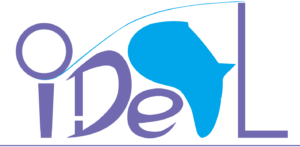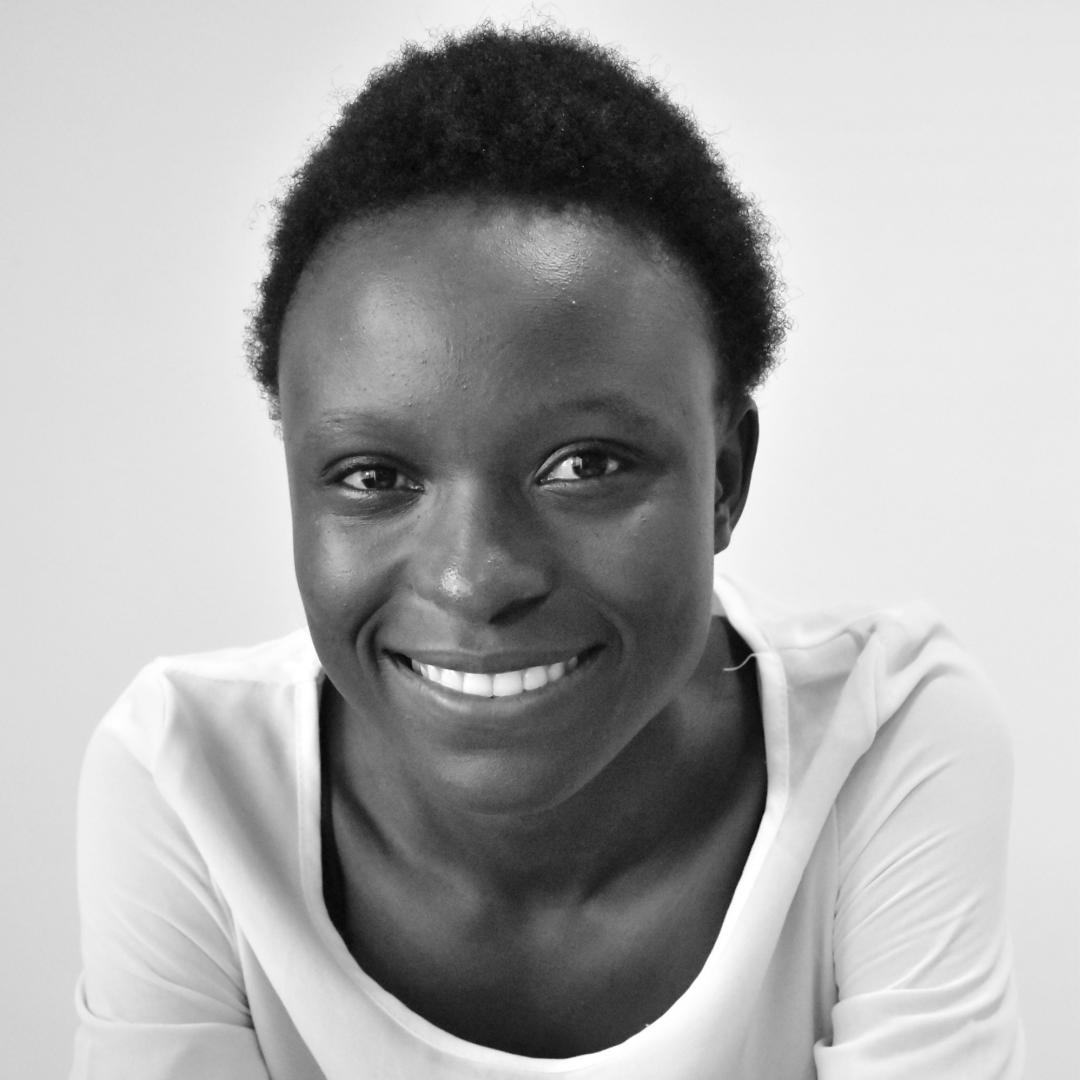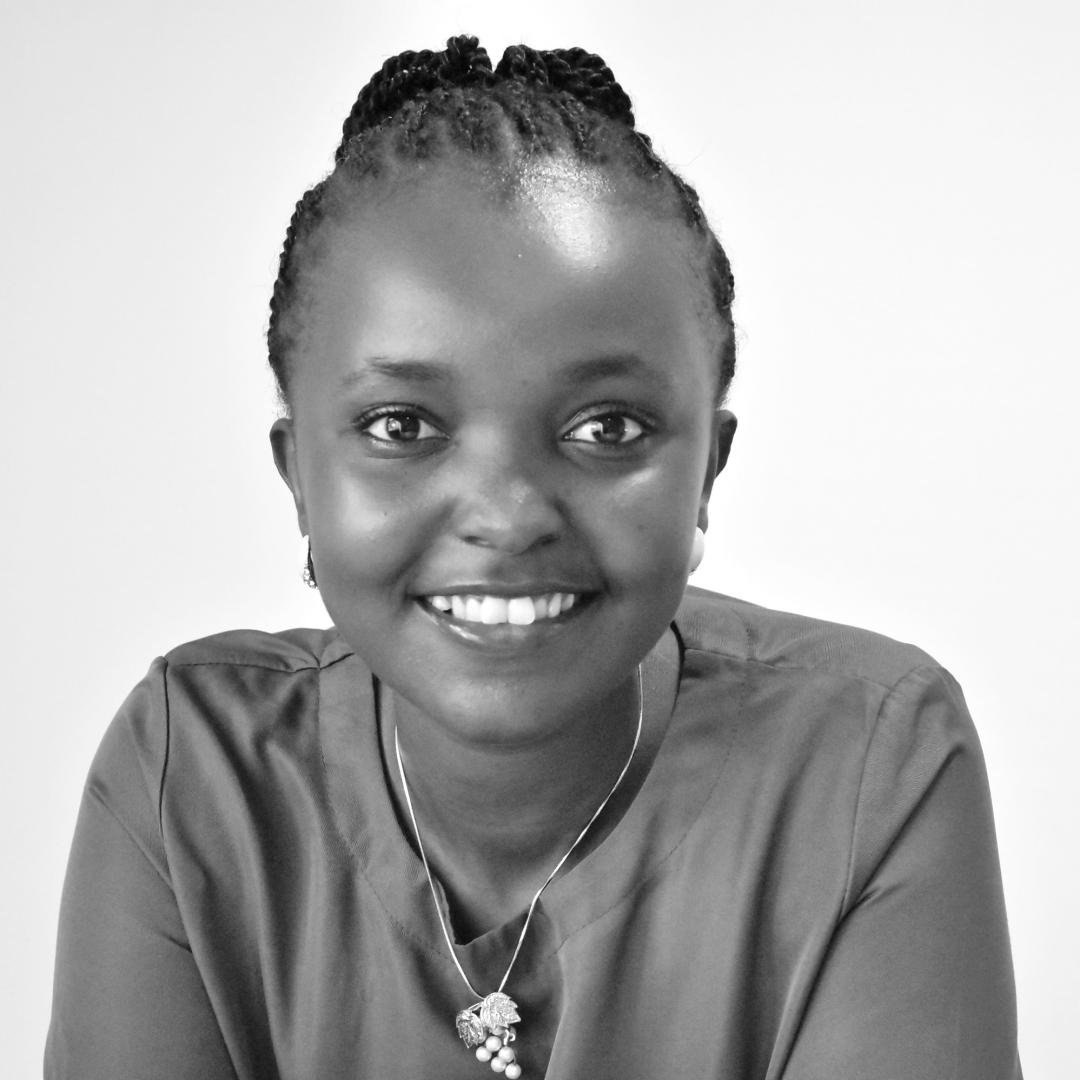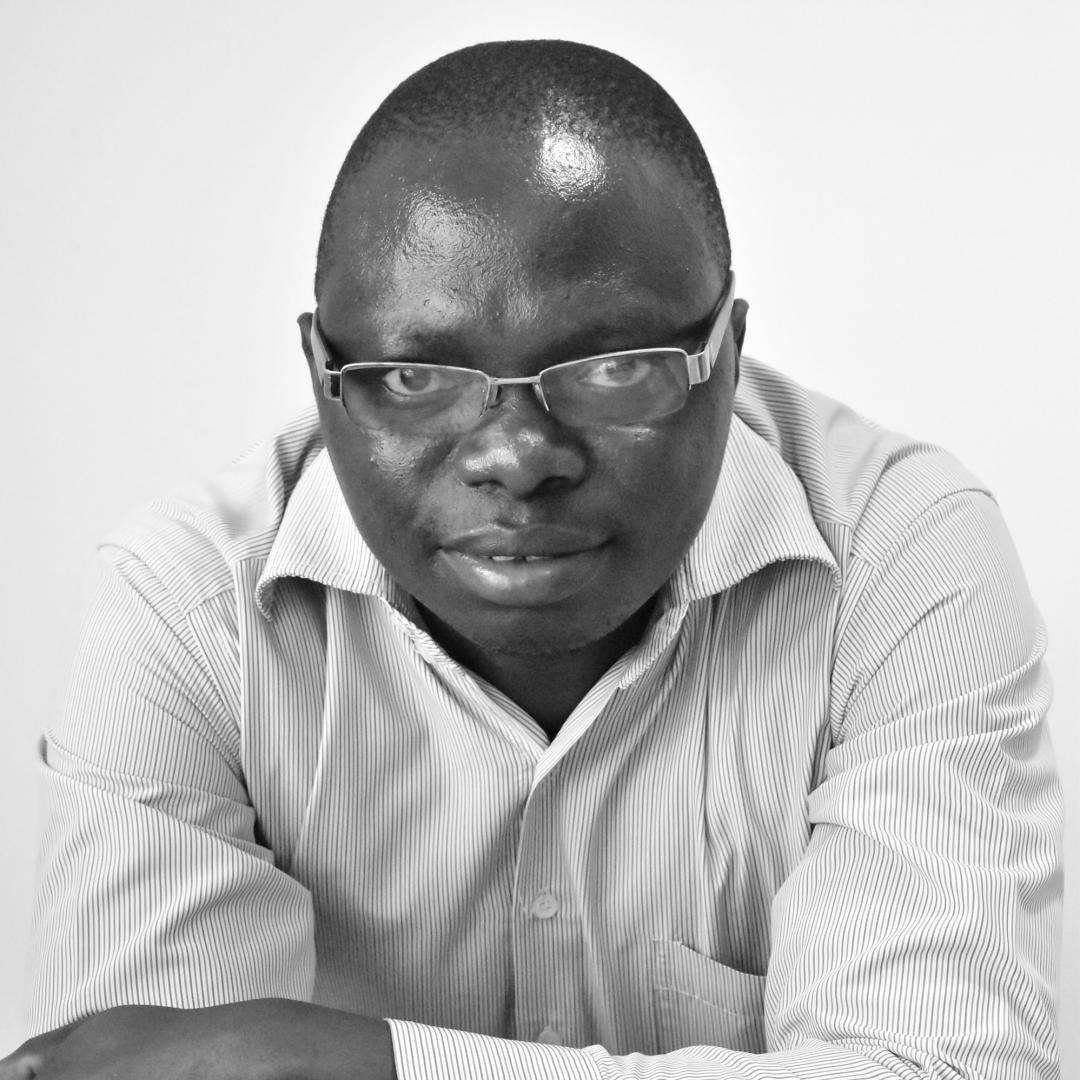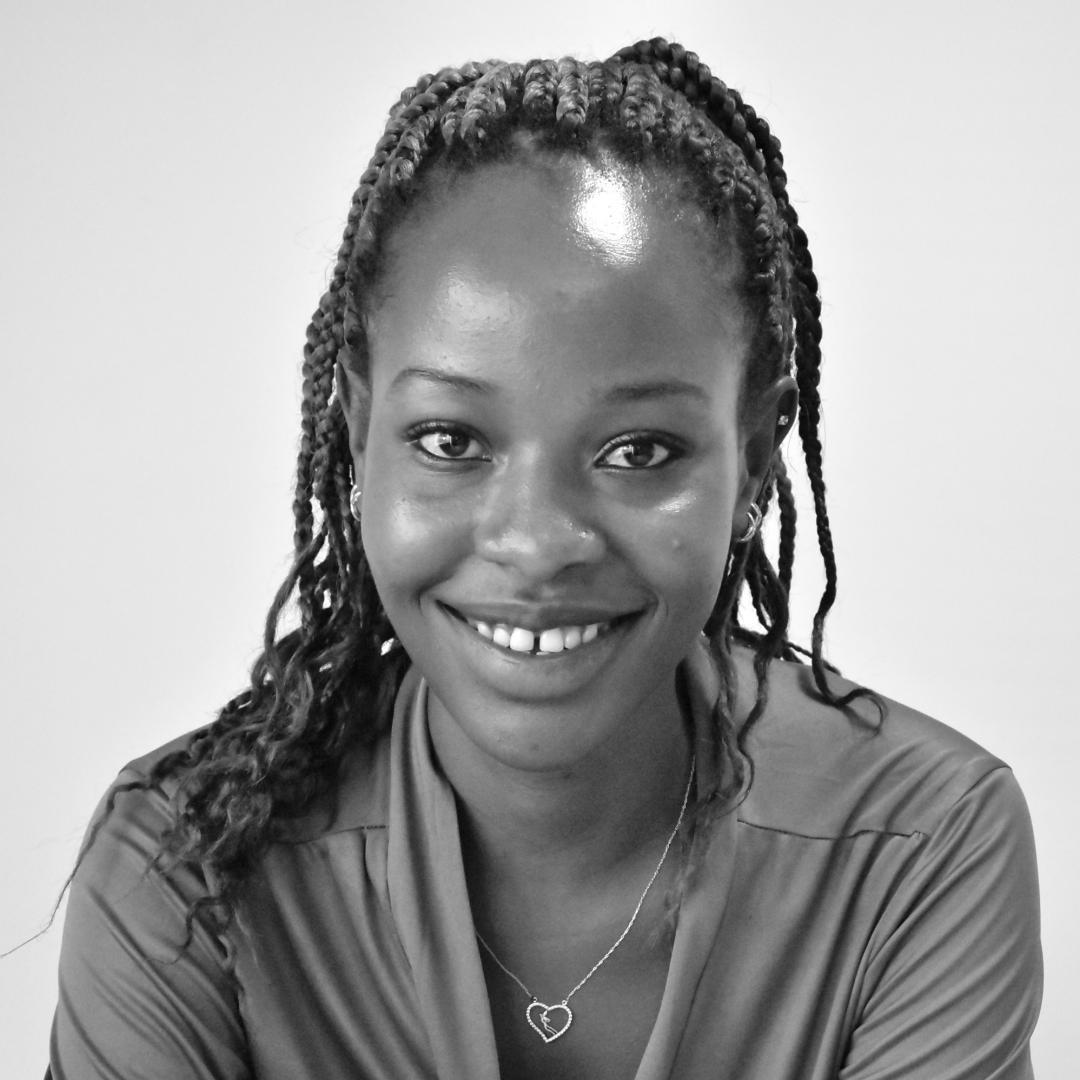
The Initiative to Develop African Research Leaders (IDeAL) is a high-quality training programme designed to develop outstanding young African scientists into world-class research leaders. It is hosted by KEMRI – Wellcome Trust Research Programme in Kenya. IDeAL is available to young researchers, from Undergraduate Research Attachments to Postdoctoral Fellowships, with the aim of keeping scientists at African institutions through a defined programme of recruitment, supervision and mentorship with the goal of establishing unique career paths for all students and fellows.
IDeAL is one of the 11 initiatives under DELTAS Africa (Developing Excellence in Leadership, Training and Science in Africa) funded by the African Academy of Sciences (AAS)’s and Alliance for Accelerating Excellence in Science in Africa (AESA) and supported by the New Partnership for Africa’s Development Planning and Coordinating Agency (NEPAD Agency) with funding from the Wellcome Trust and the United Kingdom government.
IDeAL Team comprises over 200 persons including postdoctoral fellows, students, interns, mentors, supervisors, and the secretariat.
For more details on the schemes supported under IDeAL, visit the Programmes Page.
IDeAL builds on previous capacity strengthening activities at the KEMRI – Wellcome Trust Research Programme. As illustrated in figure below capacity building at the Programme has gone through different phases. During the earliest phase, 1989-2008, the emphasis was on building core structures to support research and training including high quality laboratory, clinical, field and ICT infrastructure. As these core structures expanded there was a gradual increase in the number of local researchers training at Masters and PhD levels, albeit on an ad hoc basis. It eventually became clear that there was need to develop a coherent framework to manage and scale up research training activities at the Programme. This was achieved through the awarding of a Strategic Award amounting to 12 Million Pounds by the Wellcome Trust. The award supported research training activities from 2008 to 2015.

As a result of the Award capacity building activities in the Programme expanded markedly. In addition, the award facilitated the centralisation and harmonization of capacity building management by providing a secure financial base that enabled long term planning of career paths.
In brief, between 2008 and 2015, 52 students were support to undertake PhDs and also received a further one year Postdoctoral support. 32 of these are Postdoctoral Reseachers at KWTRP and elsewhere while 8 are lecturers in local Universities. 5 have already received Wellcome Trust Training Fellowships. 88 people were supported for Masters training either directly or through support leading to the successful application for external Masters Fellowships (e.g. the Wellcome Trust Masters Fellowship). We have provided internships to 172 recent Kenyan graduates. Over 30 of who have now progressed through the research training to Postdoctoral level. Majority of the rest are either research assistants or Masters students elsewhere.
Importantly, work supported by the SA has contributed to development of a number of health policies and practice guidelines in Kenya and Globally particularly for prevention and treatment of early childhood illnesses. In addition, it has been presented in over 200 conferences and resulted in over 300 peer-reviewed publications (>150 first author papers – >50 in journals with an Impact Factor of >4, and > 150 non-first author papers – >30 in journals with an Impact Factor of >4.
Vision
African-led research solving African and global health issues
Mission
To generate a critical mass of African Research Leaders
Objective
Attract – To attract young African to research
Train – To provide high quality research training
Retain – To support the retention of African researchers in the Continent
Nurture – To nurture emerging African research leaders

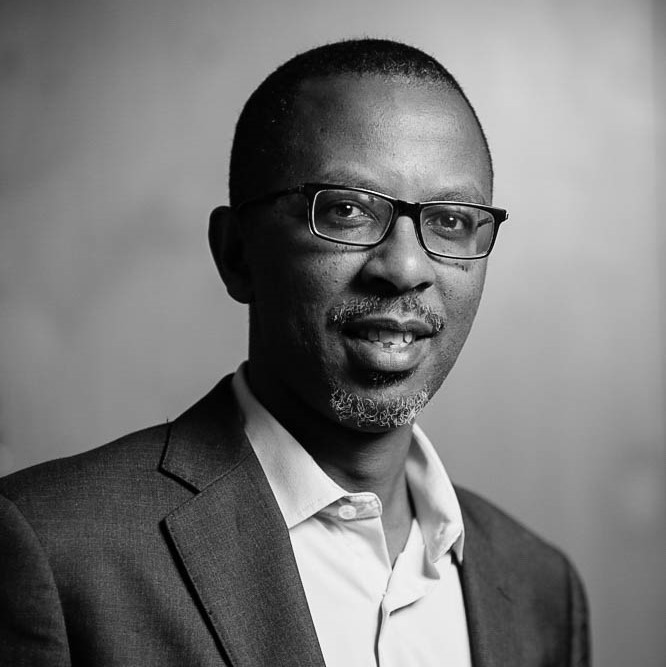
Prof. Sam Kinyanjui
 Email : SKMuchina@kemri-wellcome.org
Email : SKMuchina@kemri-wellcome.org Prof. Sam Kinyanjui is the Head of Training and Capacity Building at the KEMRI-Wellcome Trust Programme in Kenya and the Director for the Initiative to Develop African Research Leaders (IDeAL). Prior to the current position, he spent 16 years doing research on the immunology and molecular biology of malaria parasites. During this period he developed a strong interest in capacity building for health research in Africa.
As the Head of Training and Capacity Building at the KWTRP in Kenya, he provides scientific and strategic guidance for academic training towards research leadership. His key achievement has been the development and implementation of a comprehensive research career framework for attracting, training and retaining African research leaders. Through the framework, Prof. Kinyanjui has overseen the training of over 200 graduate interns, the majority of who have taken up a research career after the internship. This scheme has now been developed into a nationally accredited Postgraduate Diploma in Health Research Methods. He has also overseen over 100 Masters and over 70 PhD training since 2008. In 2015 Prof. Kinyanjui was awarded a further 8 million pounds by the Wellcome Trust/DIFD to build on this work through the Initiative to Develop African Research Leaders (IDeAL)
Regionally, Prof. Kinyanjui is involved in advocacy for increased commitment to building research capacity in Africa by both African governments and funding agencies. In 2006 he worked at the African Union Headquarter promoting health research agenda within the Union. He also sits on the advisory boards of several African capacity building initiatives including MUIIplus, SSACAB, SANTHE and the TDR Global Community Adhoc Workgroup.

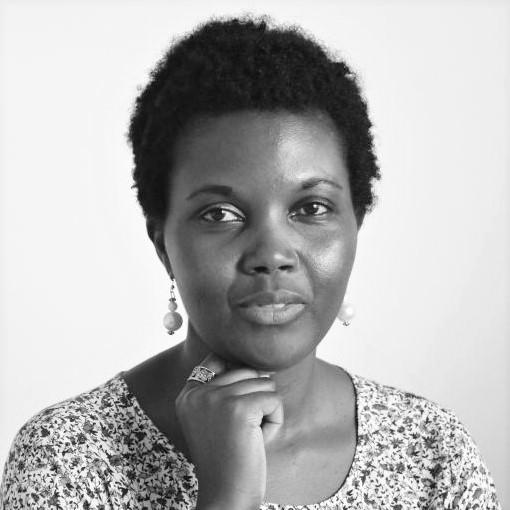
Dr. Dorcas Mbuvi

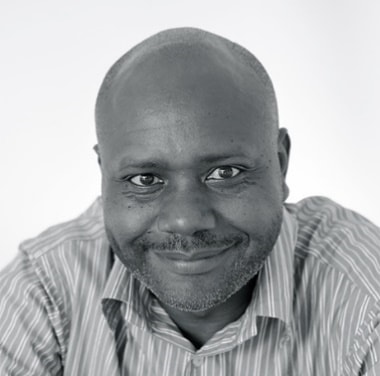
Dr. Francis Ndung’u
 Email : FNdungu@kemri-wellcome.org
Email : FNdungu@kemri-wellcome.org Francis did his earlier education in Nairobi, Kenya, before proceeding to the National Institute for Medical Research, London, UK, where he did his PHD in immunology with Dr Jean Langhorne and Prof Kevin Marsh. He was awarded the PHD in 2005, after which he took up a post-doctoral training position at the same institute, and was successful at implementing a new programme of research in quantifying antigen-specific memory B cells in a mouse model of malaria. He moved back to Kenya in 2008 as post-doctoral researcher, with the aim of obtaining own funding to start and build a research group. His main areas of interest are: (i) immunological memory to malaria in historically infected individuals, and, (ii) hosts factors responsible for increased susceptibility to P falciparum malaria in a small proportion of children that experience excessively more malaria than expected.


Mwendwa Mutuku
 Email : smutuku@kemri-wellcome.org
Email : smutuku@kemri-wellcome.org Mutuku holds a B.A Degree in Journalism and Media Studies from the University of Nairobi and a member of the Public Relations Society of Kenya. He has previously worked for local and international organisations such as the Africa Union/United Nations Information Support Team in Somalia, Kenya’s Ministry of Water and Irrigation and FilmAid International.
He is a passionate communication professional who has managed media and public relations for national and intergovernmental agencies and non-profits and participated in successful communications and media campaigns. He is an all-rounder with nine years of experience in public relations; digital strategy development and execution; branding and marketing; graphic design and production of multimedia content. He believes in channelling the power of media to impact lives and influence positive social change on behalf of multilaterals, socially-oriented non-profits, and private-sector creative agencies. He is highly skilled in conceptual and visual storytelling.

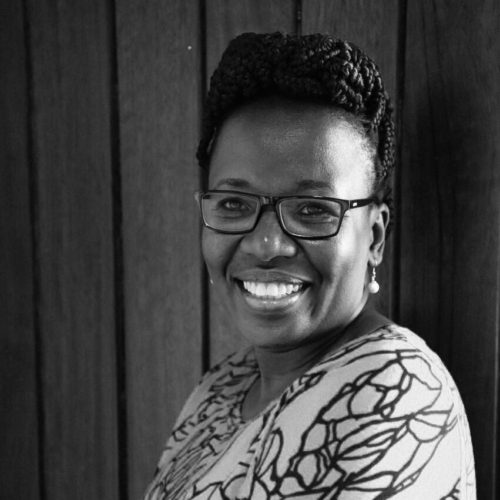
Liz Igombo-Murabu
 Email : LMurabu@kemri-wellcome.org
Email : LMurabu@kemri-wellcome.org Liz Igombo-Murabu is the Students’ Administrator for IDeAL and KEMRI-Wellcome Trust Research Programme. She has spent the last 10 years playing a vital role in ensuring the smooth and efficient management of the training of nearly 150 academic trainees ranging from school leavers and undergraduates attachees, Postgraduate Diploma, Masters, and PhD students and postdoctoral fellows funded under IDeAL.
She joined the KEMRI-Wellcome Trust Research Programme in 1996 and has served in different capacities within the Programme. She has been the training administrator since 2008 supporting both academic training and continuing professional development of over 800 staff. She also holds a HND in Executive Assistance, a Diploma in Administrative duties from Cambridge International College, UK, Certificate on Leadership and Management in Health Systems with the University of Washington and a Certificate in Computer Operations and Business Applications from The Mombasa Polytechnic. She is currently pursuing a Bachelor degree in Executive Business Administration Programme with specialization in Management and Administration with Cambridge International College, UK.

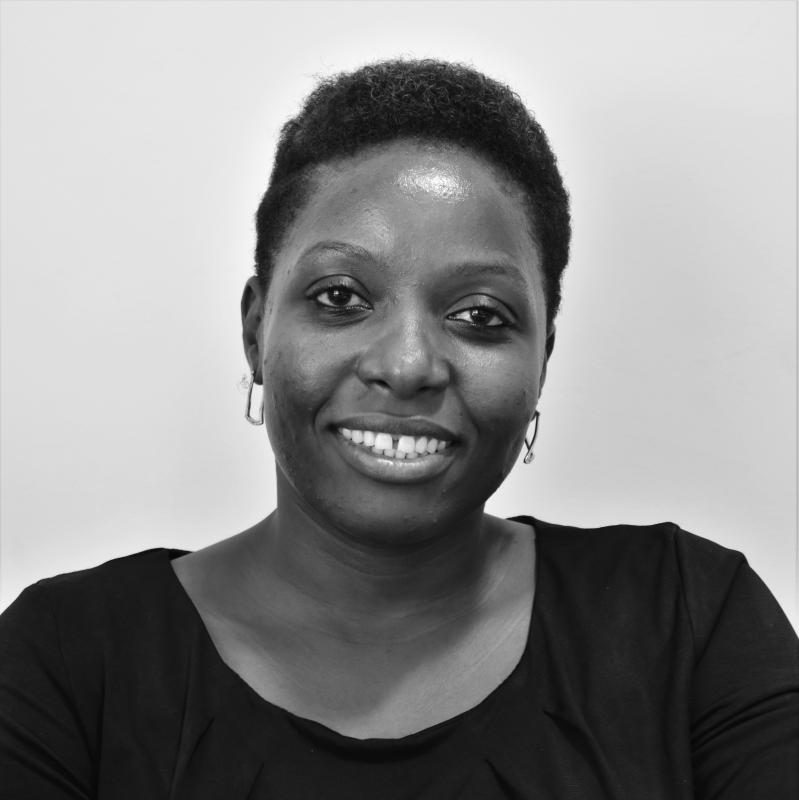
Rita Baya
 Email : RBaya@kemri-wellcome.org
Email : RBaya@kemri-wellcome.org Rita Baya joined KEMRI Wellcome Trust Research Programme in June 2012 and currently holds the position of an Administrative Assistant. She is tasked with Office management, Interface administrative functions of various projects, Travel Management from Reservations, transfers, travel authorization documents, Itinerary coordination, foreign & local travels, Organize & coordinate logistics for local and international meetings, trainings, seminars, workshops, conferences. Documentation i.e. reports, filing and documents archiving. She has over 5 years’ experience in Administration and holds a Bachelor degree in Administration from Kenya Methodist University.


David Ngui
 Email : DNgui@kemri-wellcome.org
Email : DNgui@kemri-wellcome.org David Ngui joined KEMRI Wellcome Trust Research Programme in November 2013 and is currently tasked with producing both internal management reports and grant donor reports with a key focus in ensuring timely, accurate and complete recording, reporting of financial transactions according to accounting best practice and donor reporting guidelines. He has over 5 years’ experience in auditing and finance, having previously worked as an Audit Assistant and Assistant Accountant in auditing and micro-finance institutions in Kenya.
He is a Certified Public Accountant and holds a Bachelor of Commerce degree in Accounting from Jomo Kenyatta University of Agriculture & Technology and is currently pursuing a Masters in Business Administration at Kenyatta University.

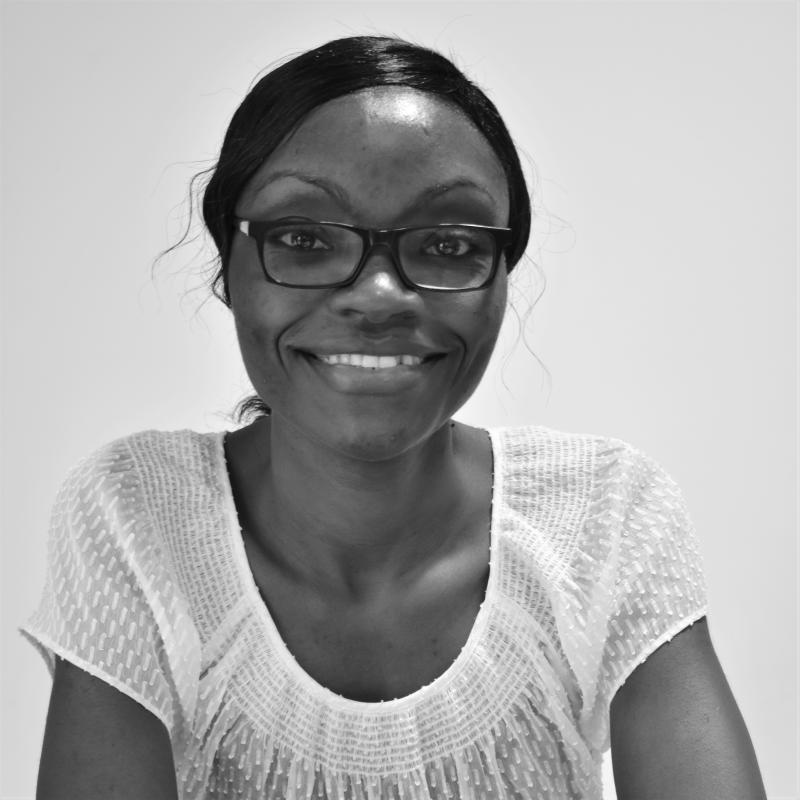
Florence Kirimi
 Email : FKirimi@kemri-wellcome.org
Email : FKirimi@kemri-wellcome.org Florence Kirimi joined the KEMRI-Wellcome Trust Research Programme in August 2016 as the Monitoring and Evaluation Officer for IDeAL. She is responsible for implementing the Monitoring and Evaluation activities of the Training Department, assisting the Head of Training in monitoring the Department’s activities on a regular basis, developing and maintaining the Department’s MIS and for collecting and analyzing different data in relation to the Department’s activities. She also prepares periodic reports on the training activities including those supported under IDeAL grant.
She holds a Masters’ Degree in Public Health with over 5 years’ experience in implementation of Monitoring and Evaluation for development projects which include developing M & E Plans, logical frameworks, output, monitoring and impact indicators for projects, participating in regular project reviews, Preparation of annual progress reports for feedback to donors and other stakeholders.


Dr. Alun Davies
Alun Davies has over 20 years experience in science education, health research and community engagement in Kenya: nine years as a science and senior teacher at urban and rural schools in Kenya; followed by eleven years as a researcher at KWTRP. Prior his current post, Alun managed an HIV research project in Kilifi, employing 50 staff at three sites to initiate HIV clinical trials. Alun’s current role in community engagement draws on a combination of his experience in education and health research towards facilitating engagement interactions between researchers and school students. Over the past six years, Alun has established a ‘Schools Engagement Programme’ (SEP) which facilitates interactions between researchers and up to 1000 students form 25 schools a year. The activities are aimed at promoting positive attitudes towards science among secondary school students; and promoting mutual-understanding between health researchers and the community. SEP has also enabled Kilifi students’ views to be incorporated into the Nuffield Council on Bioethics Working Party report on Ethical Issues for Research Involving Children. Alun’s current research explores ways of evaluating engagement with health research using a combination of quantitative, qualitative and participatory approaches.



Dr. Rachel Aye
Mentors
Dr. Francis Ndung’uRacheal Aye is an immunologist working as a Postdoctoral Fellow at KEMRI-Wellcome Trust (KWTRP). In this role, Racheal aims to elucidate the reasons as to why the malaria vaccine efficacy is low at only 30%. Specifically, she will characterize antigen specific B cells in children living in malaria endemic areas following vaccination.
Prior to joining KWTRP, Racheal was a doctoral student at the International Livestock Research Institute (ILRI) working on identifying antigens that inhibit host-pathogen interaction. She holds a PhD in Bioscience Engineering from the Catholic University Leuven, Belgium.
Racheal varied background in Veterinary Medicine and Bioscience Engineering has provided the perfect foundation for her to pursue a career as an immunologist.
Racheal’s research interest is in the area of infectious disease pathogenesis and immunology

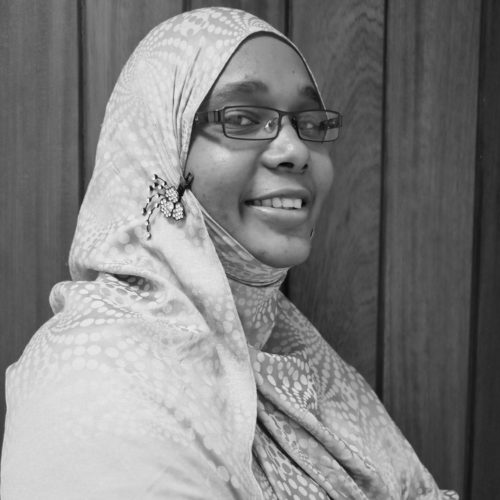
Dr. Azraa Mahmoud, MBChB
Azraa Mahmoud is a medical doctor, currently pursuing her Masters in Public Health (Epidemiology and Biostatistics) in Pwani University, Kilifi Kenya. She is currently working with intravenous drug users on methadone – a recently endorsed programme to help prevent HIV and curb its spread as well as manage drug abuse. She hopes to assess the risk factors and contexts for concomitant drug use among the PWIDs on methadone.

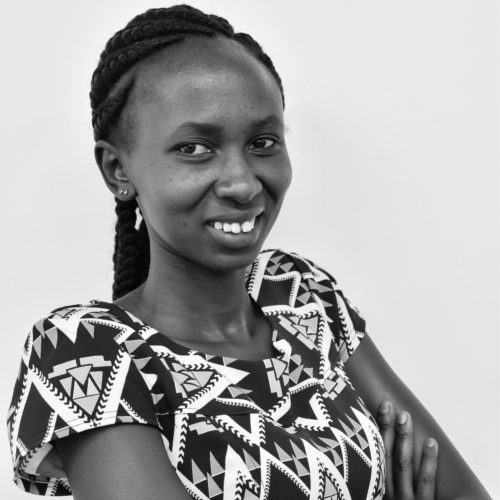
Beatrice Rotich
Beatrice is a Master of Public Health student at the University of Nairobi School of Health Sciences. She has previously worked at Ampath Kenya as a research assistant in a cervical cancer screening and treatment project. Currently she is part of the KEMRI-Wellcome Trust Health Service Unit in Nairobi working on a study to determine the prevalence, clinical management and outcome of neonatal dehydration in the Clinical Information Network Hospitals. She has a keen interest in Non communicable diseases and Health systems research.

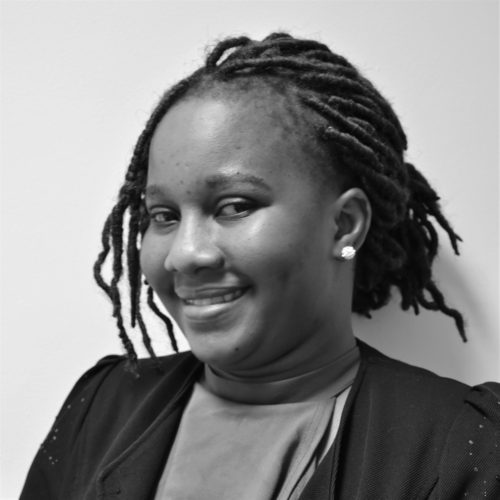
Carol Abidha
Carol Akinyi Abidha is a molecular epidemiologist with a keen interest in respiratory viruses. She is a Masters in Public Health student at Pwani University and currently undertaking her MPH project with Virus Epidemiology and Control Group.
Her project is on exploring origins and spread of human coronaviruses in the kilifi community, rural coastal kenya, by integrated analysis of epidemiological and molecular sequence data, 2015-2016. Carol hopes that this study will improve the understanding of the transmission patterns of endemic human coronaviruses and the overall preparedness in case of an emergent human coronavirus with pandemic potential. Additionally, her study will provide a novel method for amplification and sequencing of HCoV-OC43.


Dennis Mutinda
Having had a successful internship at the Kenya Bureau of Standards, Dennis developed interest in molecular biology resulting from the impact of the quality assurance work on consumer goods.
He then enrolled for a course in MSc. Biotechnology at the Centre for Biotechnology and Bioinformatics, University of Nairobi, and is currently undertaking the research component of the course at KEMRI-Wellcome Trust Research Programme.
His work focuses on malaria transmission, specifically using molecular techniques to determine the effects of drugs on parasite stages that are responsible for transmission (gametocytes).
Dennis is interested in seeing how different drugs increase/decrease the occurrence of gametocytes as well as how scientists can explore novel molecular targets for selective toxicity with a focus to improve global health.


Jacqueline Waeni
Jacqueline holds a BSc. Degree in Biochemistry from the University of Nairobi and is currently pursuing her MSc in Biotechnology from Kenyatta University. She is an IDeAL Masters fellow at the KEMRI Well-come trust research programme.
Jacqueline’s research project seeks to identify and validate transcriptional plasma-cell biomarkers that are predictive of the long-term serological response to individual viral antigens. Her study utilizes molecular techniques to determine the expression levels of these potential transcriptional markers shortly after natural respiratory infection and correlates them with a diversity of immunological measures measured approximately one month later. The identification of a “one size fits all” biomarker capable of accurately and consistently predicting disease severity would allow pediatricians to cost-effectively predict the clinical course of disease which will greatly enhance the prospect of addressing the morbidity/ mortality burden of severe respiratory disease


John Mwita
John is an IDeAL Masters fellow at the KEMRI-Wellcome Trust Research Programme and currently registered with Jomo Kenyatta University of Agriculture and Technology.
His MSc work seeks to understand introductions and spread of human rhinovirus in rural Kenya community. His study utilises epidemiological and sequence data to understand where the seed viruses originate from , how frequently they invade the community and pathways they follow temporally and spatially
John holds a Bachelor’s degree in Biochemistry from University of Kabianga and has keen interest in genetic diversity and transmission dynamics of viruses.

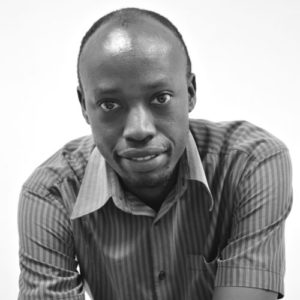
Shaban Mwangi
I studied Biochemistry for my undergraduate from Kenyatta University and currently undertaking a Masters course in Biochemistry from JKUAT, Kenya.
I am interested in cellular immunology and more so on immune functions. I am intrigued by how pathogens like the malaria parasite are able to evade/modify the immune system for their own survival in the host. This interest has come through training while on attachment, internship and now Masters at KEMRI-WTRP.
My current MSc research question seeks to find out the effects of secreted extracellular vesicles by malaria parasite (Plasmodium falciparum) on the host immune cells. The information gathered will boost the understanding on parasite-host interactions and on interventions/vaccine development for malaria.
My ultimate goal in life is to contribute in positively transforming the society especially in improving public health through research.

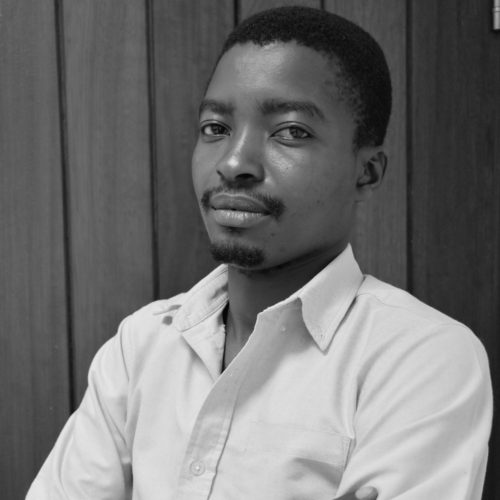
Jonathan Kazungu
Jonathan Karisa is a Public Health Wntomologist with experience in entomological studies in Kenya. The main focus has been on arboviral vectors and the transmission of arboviruses. Jonathan Karisa is also a member of Pan African Mosquito Control Association (PAMCA), an association of African entomology professionals dedicated to Improving human health through suppression of mosquitoes and mosquito borne diseases.


Leonard Ndwiga
Leonard is interested in understanding the genetic evolution of pathogens with an aim of improving surveillance of infectious diseases. Under the supervision of Dr. Lynette Ochola and Dr. Abdirahman Abdi, Leonard’s study aims to determine the difference in drug resistance allele frequencies of known antimalarial resistance markers (pfcrt, pfmdr1 and k13) before and after artemisinin based combination therapy (ACT). His study focuses on a cohort of children in the coastal region of Kenya with uncomplicated malaria.
This studentship will support his Master’s study in Bioinformatics at the University of Nairobi, Centre for Biotechnology and Bioinformatics (CEBIB).

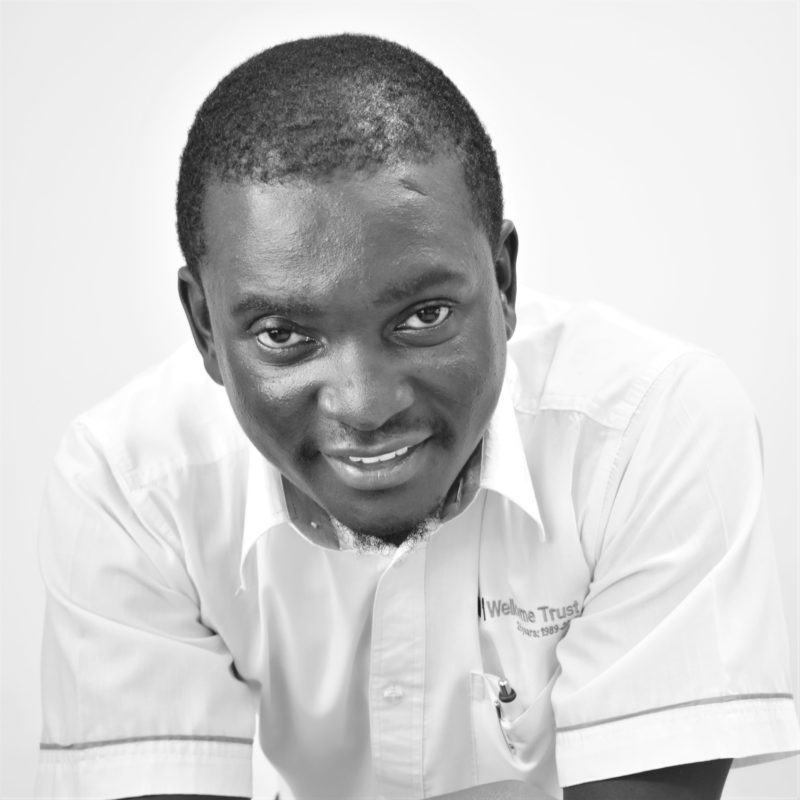
Prophet Mulega
I’m an MSc in Microbiology student from Pwani University doing a project on Understanding residual malaria transmission for sustainable control in Kilifi.
My research project attempts to demystify the persistence of malaria transmission in the era of scaled up malaria control. Household use of mosquito nets and indoor residual spraying but malaria transmission still don’t go to zero levels. Entomological surveillance including; susceptibility to insecticides, assessment of vector species composition, blood meal sources, mosquito biting and resting behavior sum up as the study objectives.
I am currently a senior laboratory technician in Pwani University and previously worked in Kemri-Wellcome Trust Research Program under Tom Williams’s group on genetic linkage of hemoglobinopathies like sickle cell anemia and thalassemia to infectious diseases from 2011 to 2015. I previously did some work on antimicrobial sensitivity of specific plant phytochemical extracts.
I have a background degree in Medical Laboratory Science from Mount Kenya University, Thika.

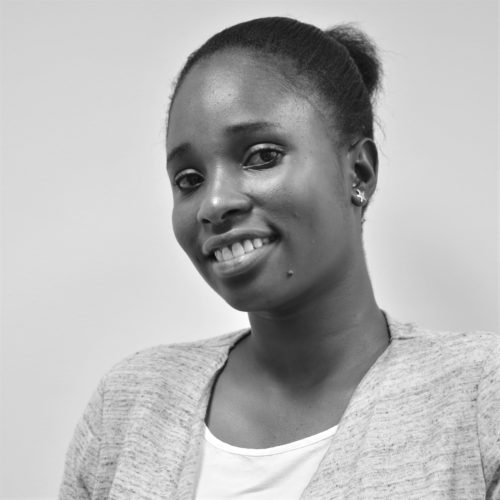
Rita Mudza
Mudza’s great passion about research is driven by its invaluable contribution to new knowledge and solutions to pressing societal problems. She is a socio-behavioural scientist and her key interests are to understand and appreciate the interconnectedness of human society and social relationships that impact health systems functioning using scientific qualitative methods.
Currently, she is working on a study that seeks to assess HIV/STI services to key populations in Kilifi County, under the supervision of Dr. Elise van der Elst in conjunction with socio-behavioral scientists working in the HIV project with Prof. Eduard Sanders.
She strongly believes that the study will contribute critical data towards efficient and appropriate planning and implementation of HIV prevention and care programmes that are inclusive of the key populations to reduce HIV infections and transmission.

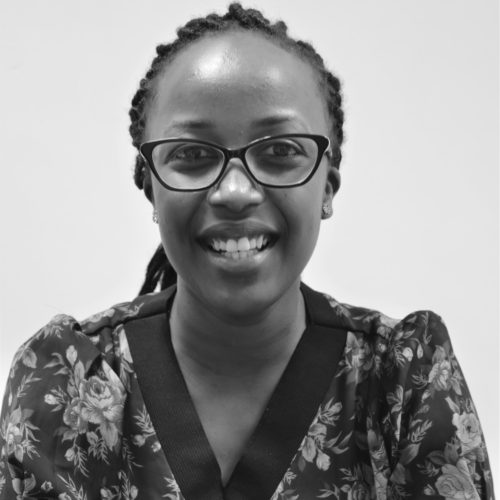
Wandia Kimita
Wandia is a registered Masters student at the University of Nairobi pursuing Applied Human Nutrition. She graduated in 2013 with a Bachelors in Biochemistry from the same University.
Wandia’s research interest is in micronutrient status and the risk of infection, particularly in African children. Her research focuses on the relationship between vitamin D and iron status and how these may influence the risk of malaria infection. Under the supervision of Dr. Sarah Atkinson, she is trying to establish whether vitamin D status influences iron status through regulation of the iron-regulatory hormone hepcidin, and how this may influence malaria risk. Wandia hopes that the outcome of her work will impact positively on policies in micronutrient supplementation programmes, particularly those targeted to Sub-Saharan Africa where micronutrient deficiencies and infections co-exist.

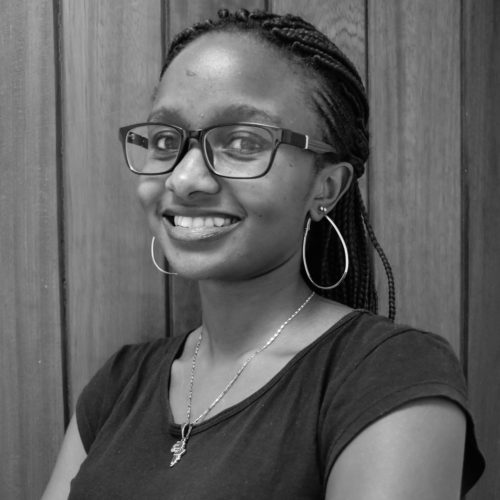
Zaneta Kidiavai
Zaneta is an IDeAL Masters fellow at the KEMRI-Wellcome Trust Research Programme and currently pursuing an MSc. in Bioinformatics at the Centre of Biotechnology and Bioinformatics (CEBIB), University of Nairobi.
She is working on a bioinformatics project that seeks to determine whether exposure to HIV alters the immune response of uninfected infants born to HIV positive mothers. She is using a transcriptome profiling approach to compare the gene expression profiles of these infants against the expression profiles of infants born to HIV negative mothers. The data she is working on is from RNA sequencing and some of the tools/software she is using are based in the R programming environment; the Bioconductor project and the unix platform. She is working under the supervision of Dr.Eunice Nduati, Dr.Etienne deVilliers and Dr.Martin Rono.
She holds a Bachelor’s degree in Biochemistry (majoring in Molecular Biology and genetic engineering) from the university of Nairobi with a keen interest in molecular biology and Computational biology & Bioinformatics.

